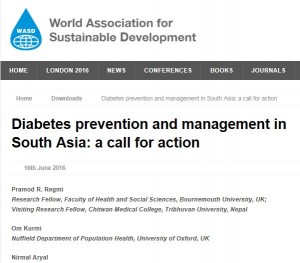 Today BU staff and post-graduate students published our latest diabetes paper. In the International Journal of Food, Nutrition and Public Health (IJFNPH) publish by the World Association for Sustainable Development (WASD) you’ll find ‘Diabetes prevention and management in South Asia: a call for action‘.
Today BU staff and post-graduate students published our latest diabetes paper. In the International Journal of Food, Nutrition and Public Health (IJFNPH) publish by the World Association for Sustainable Development (WASD) you’ll find ‘Diabetes prevention and management in South Asia: a call for action‘.
The lead BU author is Dr. Pramod Regmi. he is joint by Faculty of Health & Social Sciences (FHSS) PhD student Ms. Folashade Alloh as well as Prof. Edwin van Teijlingen of the Centre for Midwfiery, Maternal & Perinatal Health (CMMPH). Further national and international co-authors are: Dr. Om Kurmi based at the Nuffield Department of Population Health, University of Oxford; Dr. Nirmal Aryal, from the Department of Medicine, University of Otago, New Zealand; Dr.Puspa Raj Pant based at the Centre for Child and Adolescent Health, University of the West of England; and Amrit Banstola based in the Faculty of Health and Applied Sciences, also at the University of the West of England.
The paper can be found here! Please note, you need to be a WASD member to login and download this paper. Once you are logged in you will see a ‘Download’ button in the box above. If you do not have a login, you can register to join WASD free of charge.
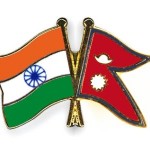 New comparative paper India-Nepal
New comparative paper India-Nepal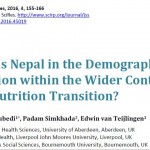 New nutrition paper FHSS
New nutrition paper FHSS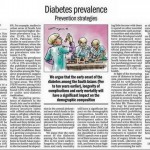 Pramod Regmi in today’s The Himalayan Times
Pramod Regmi in today’s The Himalayan Times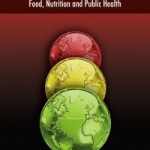 Congratulations to Dr. Pramod Regmi and BU PhD student Folashade Alloh
Congratulations to Dr. Pramod Regmi and BU PhD student Folashade Alloh










 REF Code of Practice consultation is open!
REF Code of Practice consultation is open! BU Leads AI-Driven Work Package in EU Horizon SUSHEAS Project
BU Leads AI-Driven Work Package in EU Horizon SUSHEAS Project Evidence Synthesis Centre open at Kathmandu University
Evidence Synthesis Centre open at Kathmandu University Expand Your Impact: Collaboration and Networking Workshops for Researchers
Expand Your Impact: Collaboration and Networking Workshops for Researchers ECR Funding Open Call: Research Culture & Community Grant – Apply now
ECR Funding Open Call: Research Culture & Community Grant – Apply now ECR Funding Open Call: Research Culture & Community Grant – Application Deadline Friday 12 December
ECR Funding Open Call: Research Culture & Community Grant – Application Deadline Friday 12 December MSCA Postdoctoral Fellowships 2025 Call
MSCA Postdoctoral Fellowships 2025 Call ERC Advanced Grant 2025 Webinar
ERC Advanced Grant 2025 Webinar Update on UKRO services
Update on UKRO services European research project exploring use of ‘virtual twins’ to better manage metabolic associated fatty liver disease
European research project exploring use of ‘virtual twins’ to better manage metabolic associated fatty liver disease